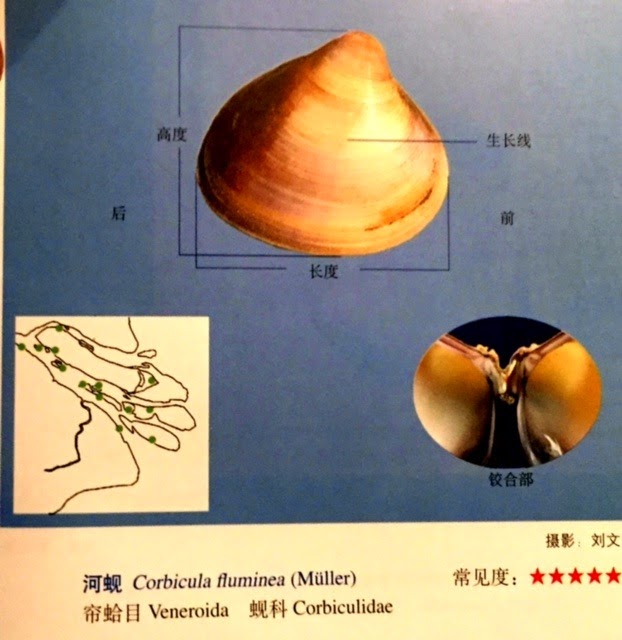Chongming Dongtan is an important stopover
point for migrating Great Knot. The Great Knot is a long distance migrant that
uses a limited number of stopover sites between the wintering sites in
Australia and the Russian breeding areas. The Great Knot is also a wader that
is in some trouble; numbers have declined sharply in recent years. Habitat loss
and degradation, hunting, lack of food and pollution all form potentially
significant threats. Students from Fudan
University have been studying Great Knot to understand their migration strategy.
This year, birds are being radio-tagged and leg-flagged at Chongming. The birds are caught by ex-hunters sat out on
the tidal flats who whistle the birds down to a clap net. Remarkable stuff.
Studies have shown that many Great Knot
undertake a long flight straight from Australia to the north Yellow Sea, with
varying numbers stopping off at Chongming before completing the short hop up to
the north Yellow Sea. This may largely depend on weather conditions. Birds
may stay at Chongming just a day, or for up to 2 weeks, again largely dependent
on weather. This is reversed in the autumn, with a
long flight south from Chongming.
Studies show that birds attain a significantly higher body weight at
Chongming Dongtan during the southward than northward migration. The Fudan University team are also stationed on the Chinese/Korean
border to await northward-bound radio-tagged birds. Birds have been recorded
arriving the day after leaving Chongming.
The diet of the Great Knot is mainly bivalve
molluscs, gastropods, polychaete worms, crabs and shrimps. At Chongming
the main food is the small gastropod Assiminea
violacea and the clam Corbicula fluminea; beasts of brackish
waters that like the mudflats towards the mouth of the Yangtze. These two can
form 70% of the diet of Great Knot at Chongming and are critical to its
migration strategy.
Photos: above: Great Knot, clap-netting, fitting radio-tags and leg-flags.
Below: bird with radio-tag, autumn Great Knot, food!, shell-fish gatherer.







No comments:
Post a Comment